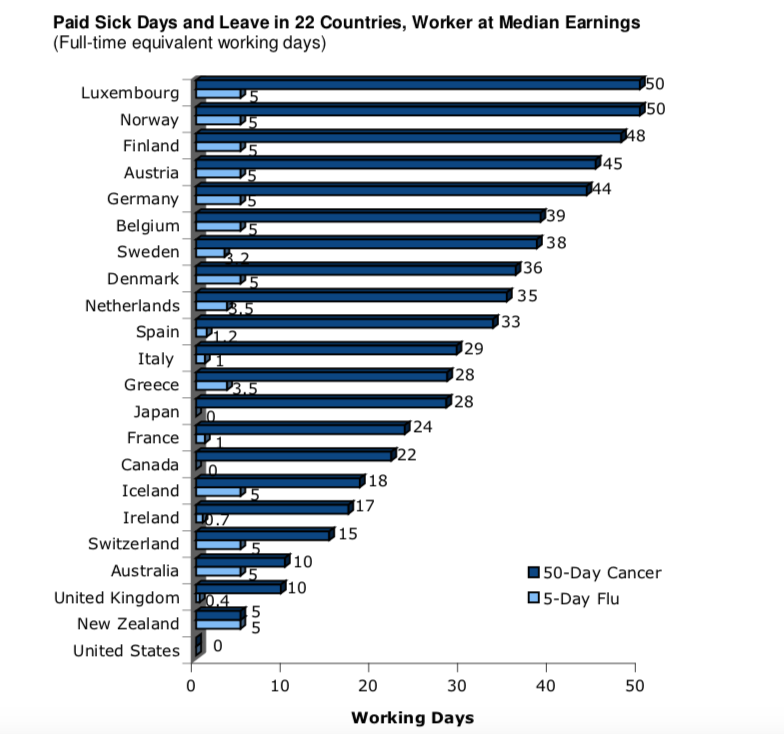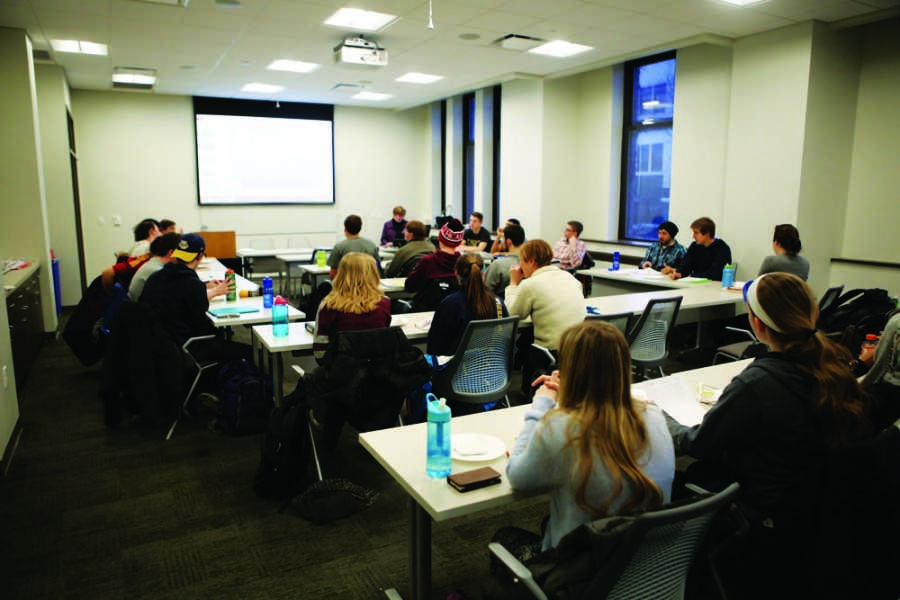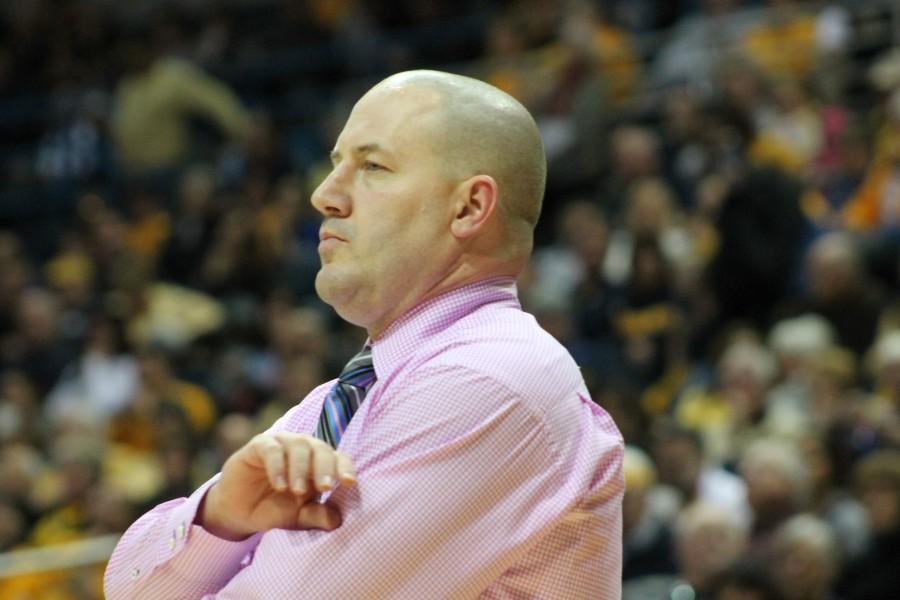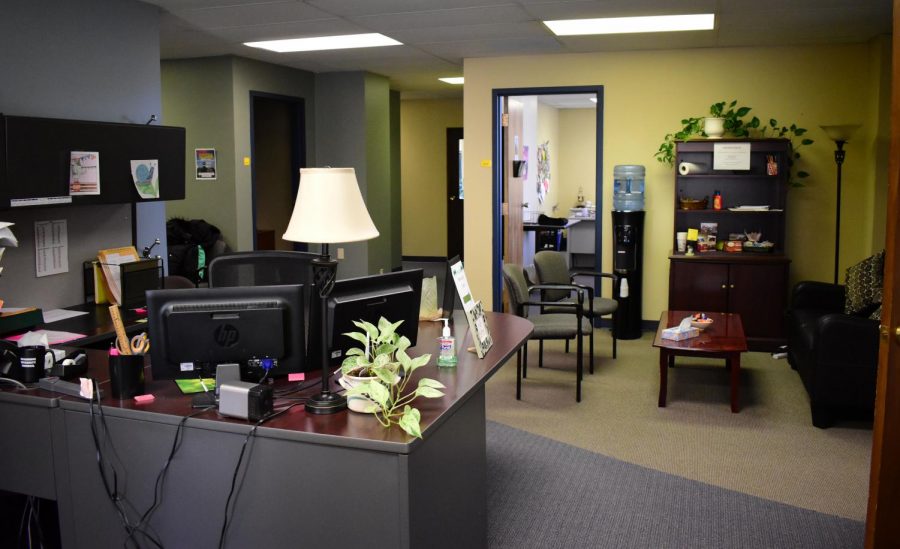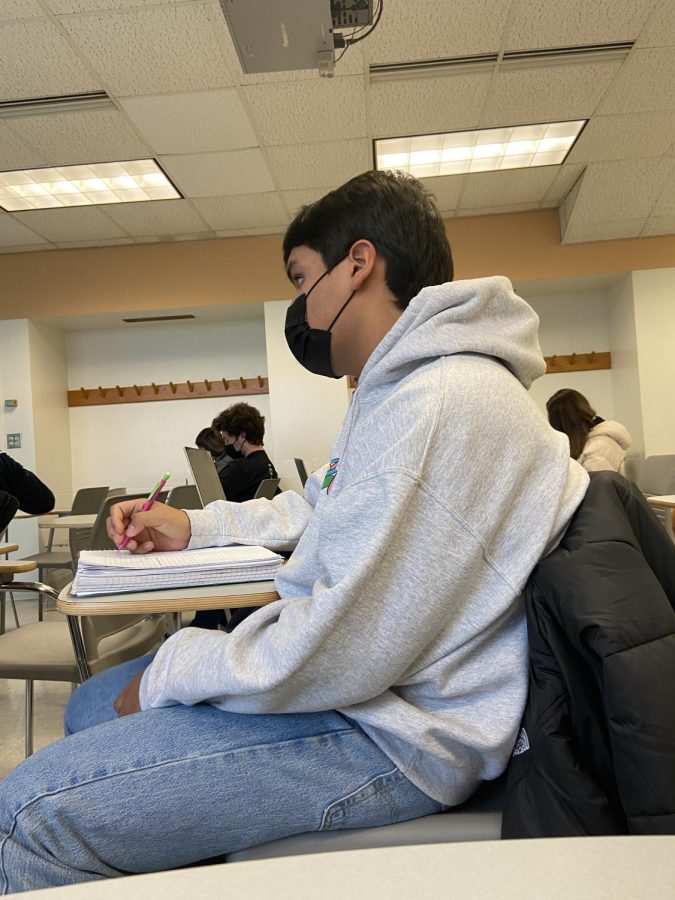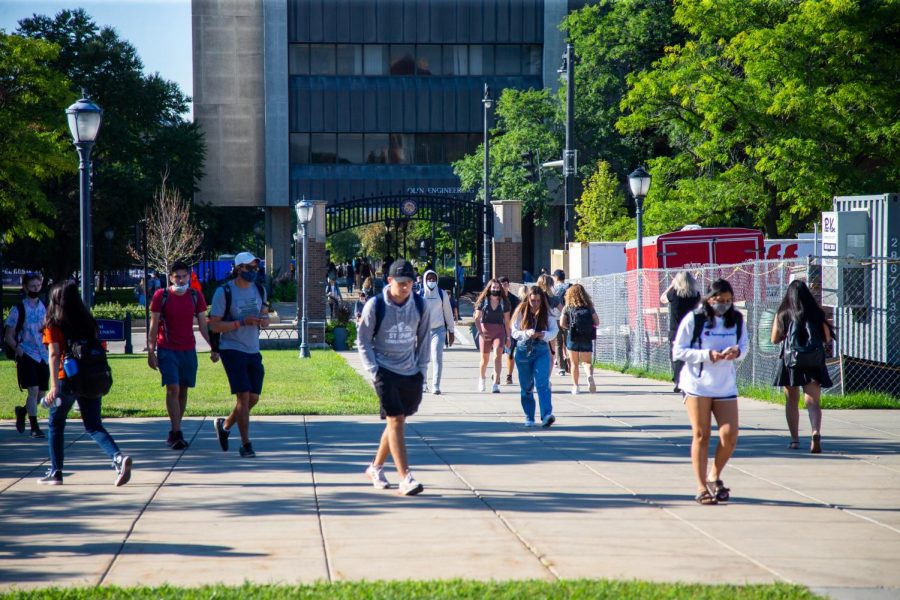If someone were to show up to work or school with a fever, a sore throat or a violent cough in 2020, the public would say that that behavior is both inconsiderate and dangerous. The caution around sickness has heightened amid the coronavirus pandemic.
The concept seems simple: If you are sick with any type of contagious illness, you should avoid people. After the pandemic ends, we must continue to allow and promote workers and students to stay home if they are sick.
Calling in absent for school or work was somewhat of a taboo in the past, as there was a pervading idea that sickness should be ignored. When people take sick leave for their job, some assume that they are lying and lazy.
Children are given perfect attendance awards when they go an entire year without missing a day of school. But not missing a single day of school seems unrealistic. According to the University of Utah, school-age children usually develop a cold between five to six times a year, and awarding them for coming to school miserable and acting as a source of further contamination seems counterintuitive.
Elementary schools must stop requiring doctor’s notes every time a child is absent, as it disadvantages 4.4 million children who are without health insurance because they do not have access to a doctor that can evaluate their health issues and provide them with a note. Colleges and universities also need to be more lenient when it comes to students missing class due to illness. Students should not have to be afraid of potentially receiving poor grades because they are ill and cannot go to class.
Employers, especially those who employ minimum wage workers, should also not threaten termination when their employee falls sick. Only 13 states mandate sick leave in the United States, and the average private industry worker only gets seven sick days a year. Additionally, almost 34 million people show up to work sick each year because they do not have access to paid sick leave, according to the federal Bureau of Labor Statistics.
Once these days are used up, a worker may feel forced to go to work even when they develop an illness, as they are financially dependent on that income. Without sick days, people are forced to go to work ill and further danger their health and the health of others.
Though it may be difficult to remember these days, the coronavirus is not the only virus somebody can contract. It shouldn’t have taken this long for our society to realize that allowing people to stay home when they’re sick is the responsible thing to do. In addition to wanting to keep ourselves protected, it is also vital to promote the health and wellbeing of others.
Imagine how many cases of the flu, pink eye and strep throat could have been avoided if we had recognized this norm from the beginning. This is particularly important for kids and adults with compromised immune systems who develop illnesses more frequently and with more severity.
Compared to other developed countries, the U.S. lags behind when it comes to sick leave. This includes most countries in Western and Northern Europe, Australia and New Zealand. According to the Center for Economic and Policy Research, the U.S. is the only country out of 22 rich countries that does not provide paid sick leave for a worker undergoing a 50-day cancer treatment, and one of only three countries that does not provide paid sick days for a worker missing five days of work due to the flu.
This isn’t surprising, considering that the U.S. is still one of the only countries with private health insurance. When health care is for profit and not universal, the working class is not able to receive the diagnoses that allow employers to take their medical absence seriously. Health care is either tied to employment paid for out of pocket. The average cost for health insurance is $462 a month in the U.S. for one person.
Our society carelessly forces people into work when they have the possibility of spreading disease to others.
After the pandemic ends and a sense of normalcy returns, the emphasis on attendance at work and schools in the face of illness should not be reinstated. Attendance awards must become obsolete to prevent students from coming to school sick. The government must prioritize health by mandating sick leave, and employers must abide by this order.
If this shift in prioritizing health does not occur, the U.S. could jeopardize the safety and well-being of Americans again, and we could find ourselves in another pandemic soon in the future.
This story was written by Lucia Ruffolo. She can be reached at [email protected].

